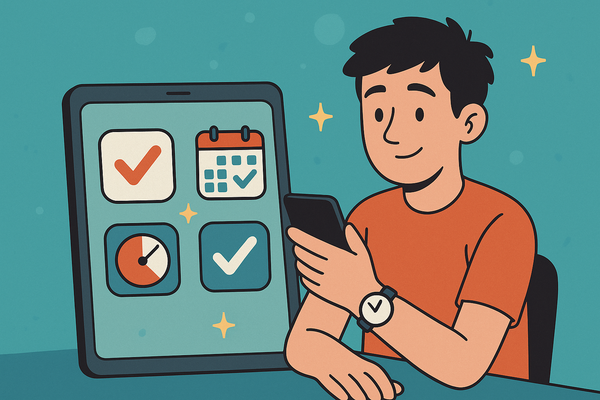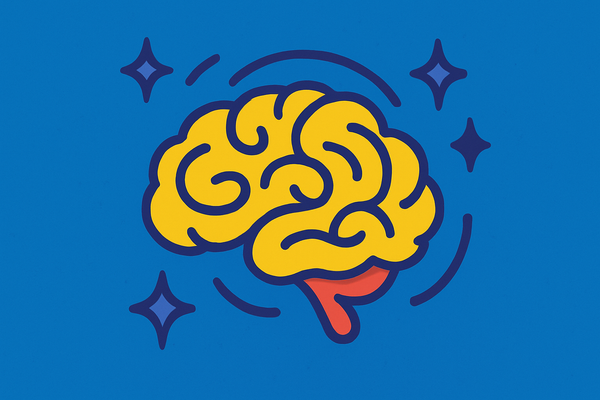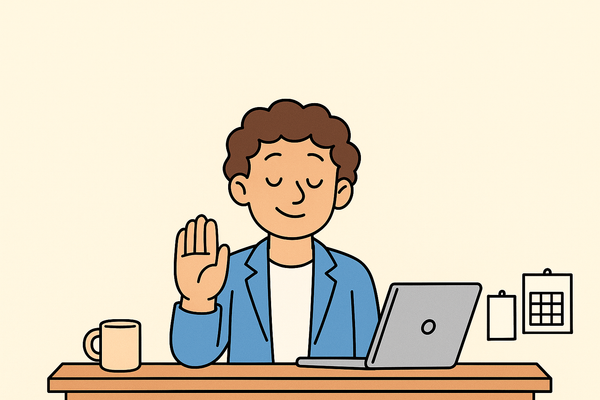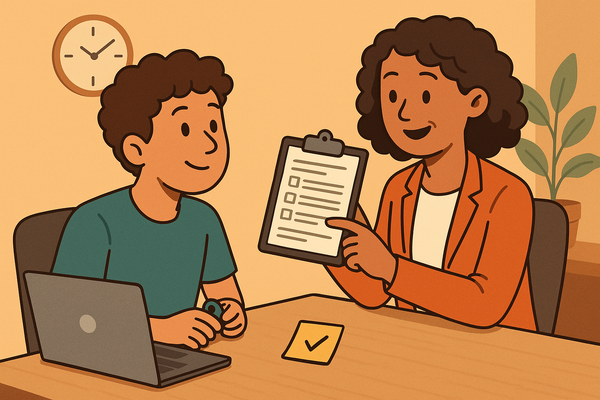Overwhelmed After an ADHD Diagnosis? Here's Where to Start
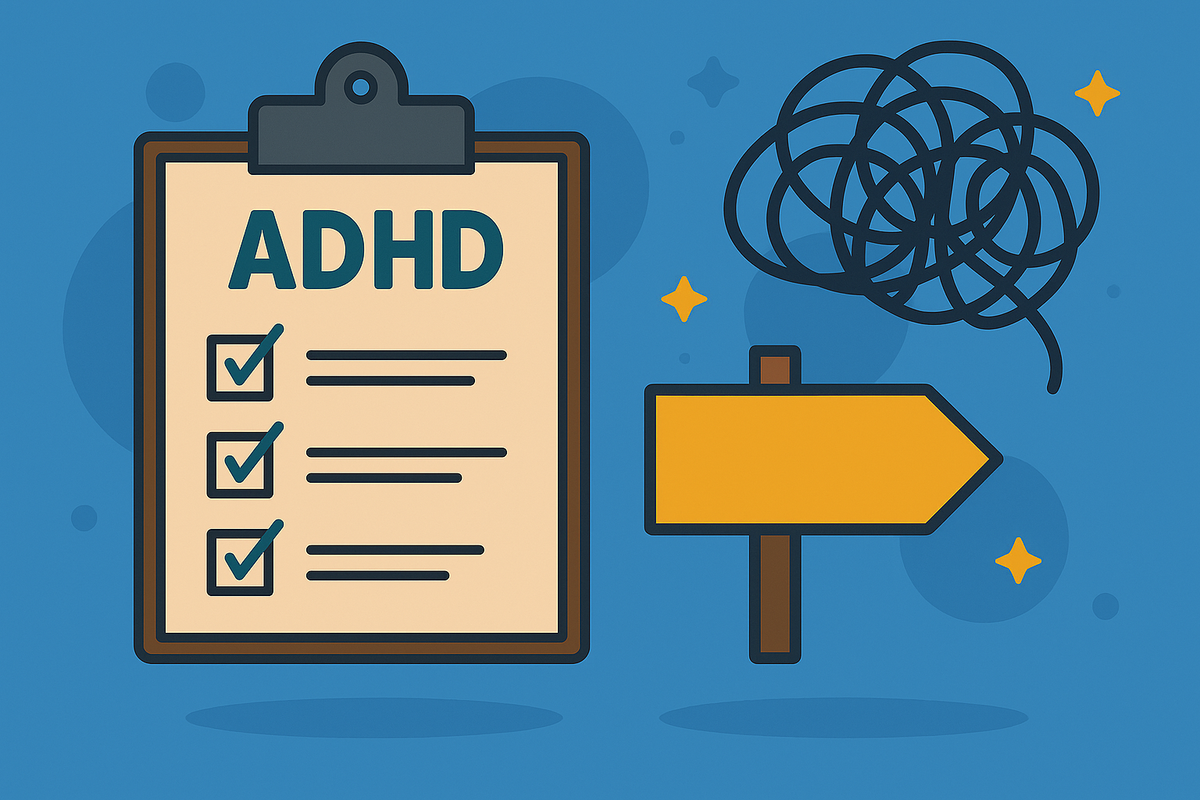
Getting diagnosed with ADHD can bring massive relief—and also a flood of questions, confusion, and overwhelm. If you're here because you Googled "ADHD diagnosis overwhelmed where to start," welcome. You're not alone, and you're not doing it wrong.
The truth is, there’s no one-size-fits-all plan. But there are some steady next steps that can help you make sense of everything without spinning out. This is the guide I wish I had when I first heard the words "you have ADHD."
1. Breathe (Seriously)
You don’t need to fix everything today. ADHD is a lifelong condition, and treating it is a process, not a sprint. Give yourself permission to feel everything: relief, sadness, confusion, even anger. All of it is valid.
Try to pause before making a to-do list about fixing your entire brain. You just learned something important about how you function. That’s enough for today.
2. Learn the Basics
You don’t need to read 12 books right away, but getting a foundational understanding of ADHD can be empowering. Start small:
- Watch a few YouTube videos or listen to podcasts like ADHD reWired or How to ADHD.
- Follow ADHD creators who balance science and lived experience.
- Read short, digestible articles (like the ones on The Focus Loop).
Look for content that makes you feel seen without shaming you.
3. Track What’s Hard (and What’s Working)
You don’t need to track every moment, but jotting down the challenges that affect your daily life helps you:
- Identify patterns (e.g., time blindness, emotional reactivity, task initiation)
- Advocate for care or accommodations
- Celebrate small wins
You can keep a paper journal, use a notes app, or record voice memos—whatever works for your brain.
4. Consider Treatment Options
There are several pillars of ADHD support:
- Medication: Not for everyone, but life-changing for many. Talk to your doctor or psychiatrist.
- Therapy or Coaching: CBT, ADHD-focused therapy, or coaching can help with skills and shame.
- Lifestyle Tools: Structure, visual reminders, timers, whiteboards, and body doubling all support executive function.
- Community: Just knowing others with ADHD can be healing. Reddit, Discord, Facebook groups, and forums are all options.
Start with one area that feels doable. You don’t need to try everything at once.
5. Lower the Bar
Your ADHD didn’t start yesterday. It’s okay if it takes time to build systems that work for you. Focus on small experiments, not big overhauls.
Instead of "become a productivity god," try:
- Set one visual timer tomorrow
- Prep one snack ahead of time
- Move your body for five minutes
- Use your notes app to brain dump
Each small step helps your future self.
6. Don’t Go It Alone
Whether it’s a therapist, a coach, a trusted friend, or an online group, connection helps. It can remind you that you’re not lazy, broken, or alone. You’re just working with a brain that needs support.
Start by telling one person you trust about your diagnosis. You don’t have to have all the answers. Just sharing can lift the weight.
7. Keep Coming Back to What Matters
You don’t have to do ADHD perfectly. There is no perfect. There’s just figuring out how you work best, and giving yourself enough scaffolding to show up in the world more like you want to.
TL;DR: Where to Start After an ADHD Diagnosis
- Take a breath and don’t rush into fixing mode
- Learn at your own pace
- Track what feels hard or helpful
- Explore treatment and support options
- Start small and build slowly
- Find connection
Most importantly? Be gentle with yourself. You’re already doing something brave by being here.

